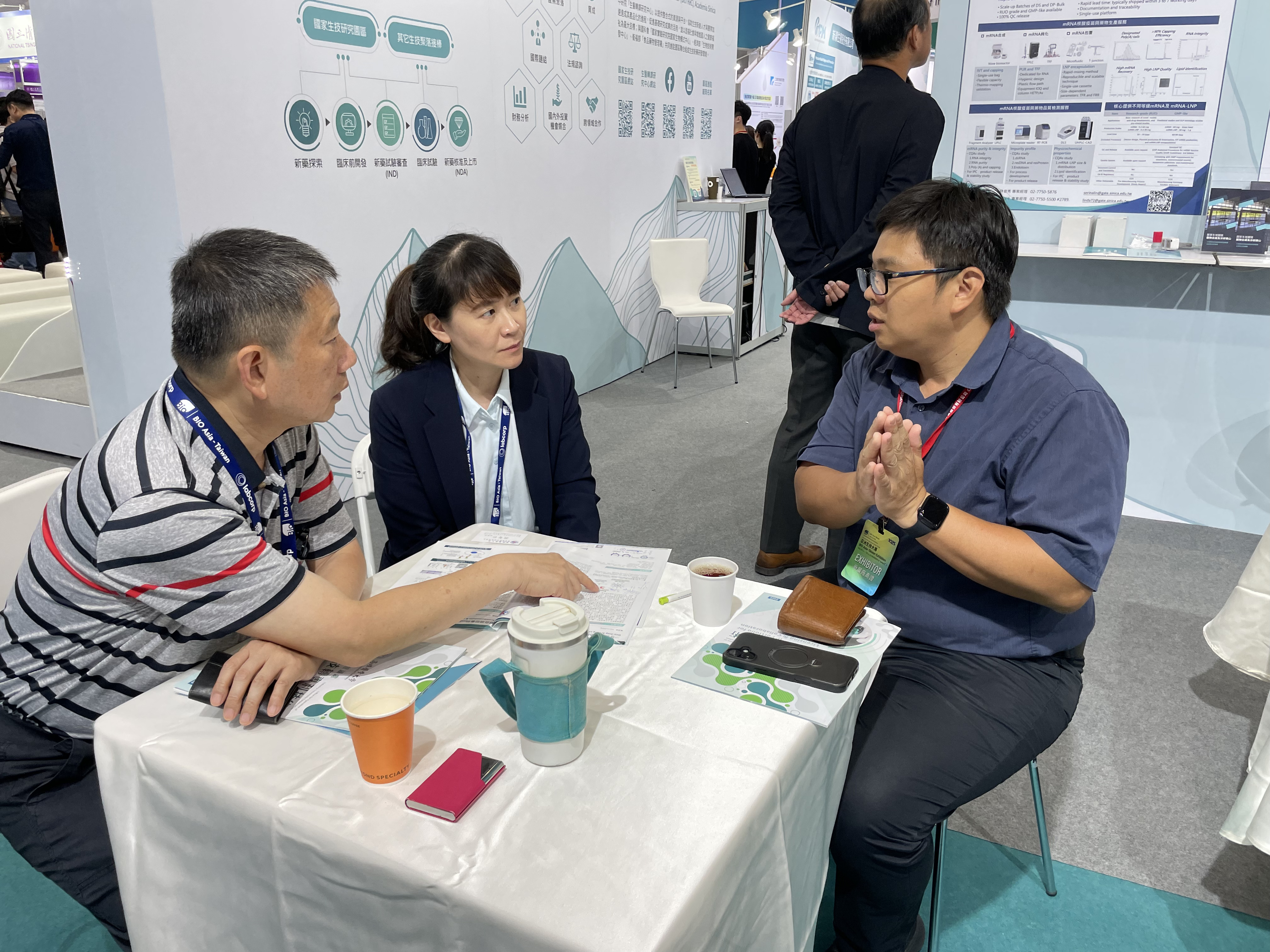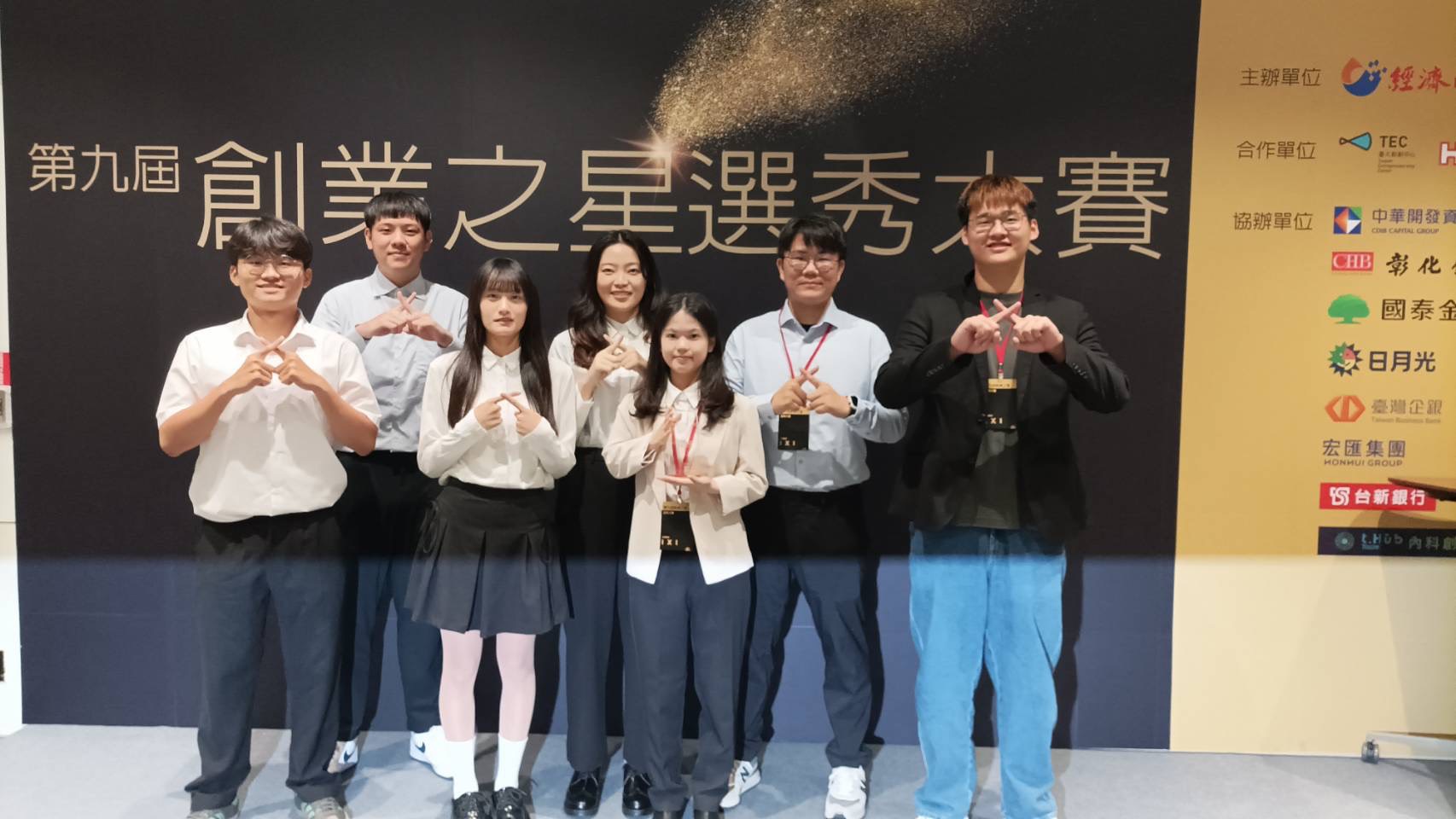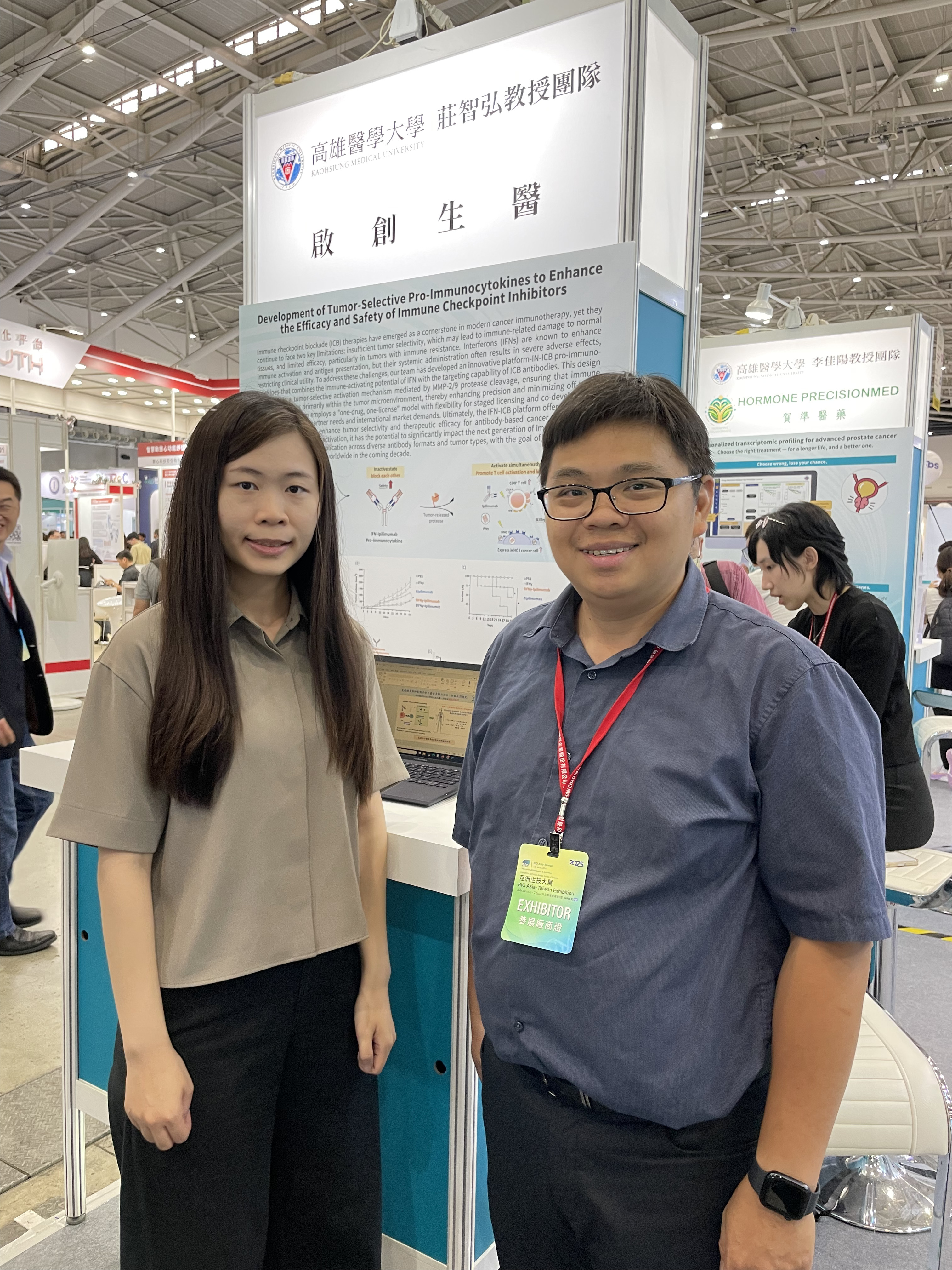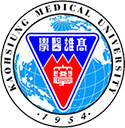Breaking Through the Bottleneck of Immunotherapy: Innovation Driving Precision Medicine and New Opportunities in Cancer Treatment
Cancer immunotherapy is a key focus in global biomedical research and development. Professor Chih-Hung Chuang from the Department of Medical Laboratory Science and Biotechnology has received NT$7.4 million from the National Science and Technology Council (NSTC) Research and Entrepreneurship Program for his innovative project, “Developing Tumor-Selective Pro-Immunocytokines to Enhance the Efficacy and Safety of Immune Checkpoint Inhibitors.” This recognition highlights the university’s research excellence and international competitiveness in biomedical innovation.
The NSTC Research and Entrepreneurship Program—known as the “Science and Innovation Program”—is a flagship initiative promoting the industrialization of academic research outcomes. It aims to help original and commercially viable scientific research move toward market application by supporting teams in technology translation, entrepreneurship planning, and company formation. Professor Chuang stated: “Our goal is for pro-immunocytokine drugs to activate only in tumor regions, ensuring more effective and safer treatment. The NSTC’s support allows us to bring academic research closer to clinical application—an important milestone for our team.”
Forward-Thinking Concepts: Overcoming Immunotherapy Limitations
Immune checkpoint inhibitors (ICBs) activate T cells to attack tumors, but some patients experience limited efficacy or immune-related adverse events. Professor Chuang explained that the “non-selective activation” of existing drugs is the main cause of side effects. To overcome this, his team designed a dual strategy combining “functional masking” and “tumor-specific enzyme cleavage,” enabling pro-immunocytokines to selectively activate the immune system within the tumor microenvironment—achieving localized precision therapy with high efficacy and low toxicity.
Significant Results: Dual-Driven Efficiency and Low Toxicity
Preclinical studies showed that IFN-ipilimumab increased T-cell activity in tumor regions by 4–8 times, reduced tumor size by 52%, and lowered organ damage-related side effects by 80%. The technology demonstrates broad applicability, potentially extending to over nine types of clinical antibody drugs, signaling vast commercialization potential. The team has completed patent applications in Taiwan and under the PCT system and has won the “21st National Innovation Award—Academic Innovation Category.”
From Research to Industry: Moving Toward Global Collaboration
To accelerate technology translation and commercialization, Professor Chuang’s team has engaged in technical matchmaking and discussions with major international pharmaceutical companies, including Amgen, Merck, Roche, Pfizer, and Celltrion. Over the next three years, supported by the NSTC program, the team plans to advance preclinical validation and regulatory preparations, aiming to establish a startup by 2027. The company will adopt a “License-out” model to expand globally and pursue sustainable innovation.
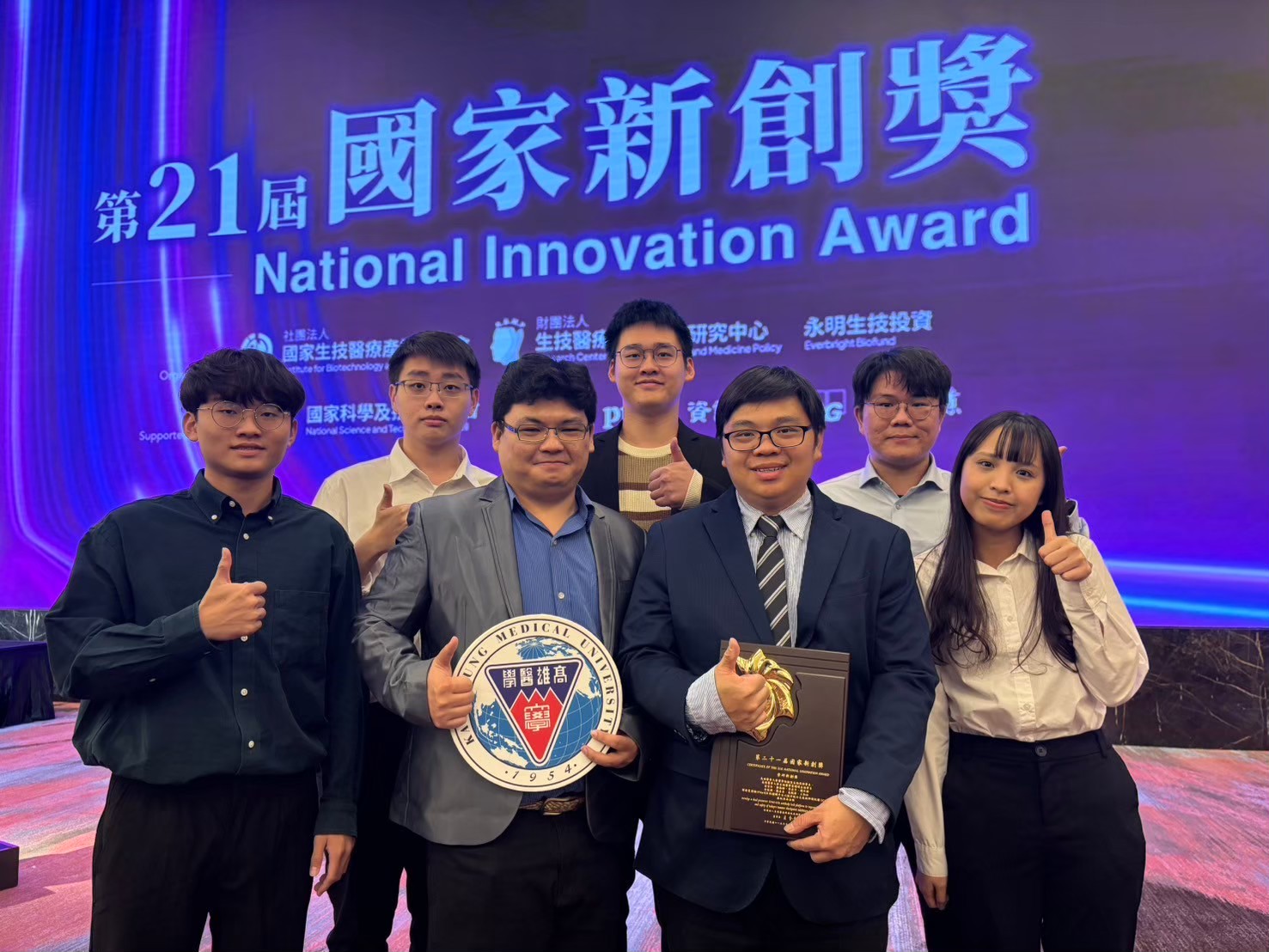
第21屆國家新創獎-學研新創組
Full Institutional Support: Building Global Visibility
With comprehensive support from the university’s Office of Industry-Academia Collaboration—including intellectual property management, regulatory consulting, and industry matchmaking—the team is accelerating technology translation and product commercialization. They have also actively participated in major international biomedical exhibitions and conferences such as Bio Asia, BMCC Investment and Partnering Meetings, and Antibody Engineering & Therapeutics Asia (AET). These events not only showcase the team’s unique technologies but also enhance global visibility and deepen academic-industry collaboration for the “Pro-immunocytokine Platform.”
